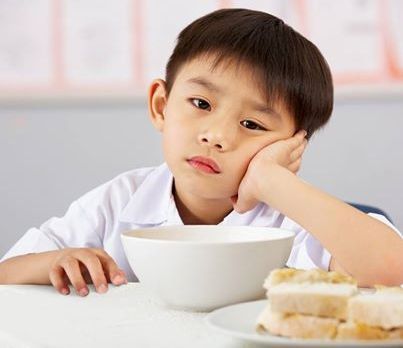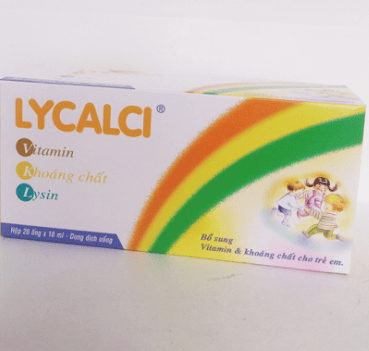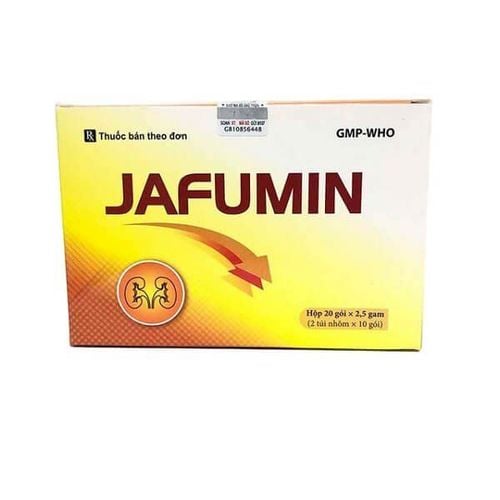This is an automatically translated article.
Teething babies have initial symptoms of irritability, fussiness, anorexia and weight loss. In the long run, the baby's teething anorexia will seriously affect the child's health. So how long will it take for children to grow teeth to stop eating? Read more articles below to understand more about this issue and take appropriate child care measures.
1. The reason why babies are anorexic when teething
Teething is a normal part of the development process for babies, usually occurs when babies are 6-9 months old (with babies sooner or later). During this time, you may notice that your child experiences a variety of symptoms. Although the symptoms are not the same in every child, there are some that are considered common. One of these symptoms is a decrease in food intake compared to the previous one.
So in fact "do teething babies have anorexia", the answer is yes. The reason is that when a baby is teething, enzymes in the body will focus on the position of the teeth that are growing to support the process of baby teeth popping out of the gums. Because of this reason, the amount of food-digesting enzymes in the body will decrease, making the baby who is about to erupt teeth anorexic.
In some children, the gums are often swollen and painful, a rash on the chin, mild fever, digestive disorders, heat rash ... and most of the time, children will drool continuously to soothe swollen gums.
The teeth grow all over the gums in stages. Usually the lower front teeth come in first, followed by the top middle teeth. Other teeth will follow in the following months.
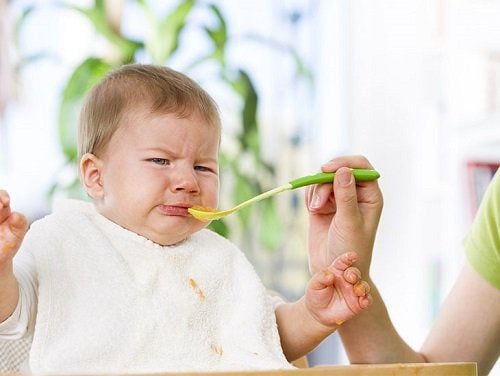
Giải đáp trẻ mọc răng biếng ăn bao lâu?
2. How long will it take for children to grow teeth to stop eating?
Like illness, teething can have a negative impact on a child's appetite. Most teething babies tend to eat less solid foods and drink less breast milk or formula. You may notice that your child is not eating his usual amount of food at each meal or even skipping meals altogether.
A child who is not eating normally may become irritable. This is usually because the child is experiencing hunger pangs and low blood sugar. This irritation can lead to fussiness, put pressure on the head, and make gum damage worse. As the pain in the gums increases, the child may not want to eat because of the pain and the drooling cycle continues until the pain is under control and the child is able to eat.
So, "how long will it take for children to grow anorexic?", in general, the period of time when children are anorexic when teething is not too long. Usually it is only when a child's teeth have emerged from the gums and the pain has subsided that the appetite will soon return to normal. In the meantime, just continue to give your baby solid foods and breast milk or formula as usual.
However, sometimes the problem can become more serious. If your baby has loose stools for several days without eating much or if you suspect he or she is dehydrated (shown by significantly fewer bowel movements per day), contact your pediatrician.
3. Baby teething, lazy to eat, what to do?
3.1. Pain relief for children
First, to want the child to eat better, the mother's job is to ease the pain by the following:
Rub the gums with a clean finger. It sounds counter-scientific, but back pressure on the gums can actually reduce discomfort. Moisten a sterile gauze pad and gently rub it on your baby's gums. You can press on the gums with the round part of a clean, chilled stainless steel spoon (but avoid the freezer because the metal can be too cold and stick to your baby's gums). Or chill a wet cloth that has been soaked in water or breast milk. Let your child chew or use your fingers to massage his gums. If your child is eating solid foods, give them chilled foods to numb their mouth, for example, put pureed fruit in the refrigerator before giving it to them. Use teething toys like solid rings, which are free of BPA, phthalates, latex, and PVC. Experts warn against using toys with liquid inside because you can't be sure what's in them. When the child chews, there is a risk of liquid escaping. If your child wakes up in the middle of the night screaming or extremely fussy, talk to your pediatrician about an over-the-counter pain reliever. Follow your doctor's instructions for dosage and frequency, and always read the instructions carefully before taking. If your child's teething pain is making him cranky and nothing seems to be working, take him for a walk, bath, or read to him. Excessive drooling from teething can irritate the skin around the mouth, making the problem worse. Try to keep the area dry by wiping drool frequently with a clean towel. If necessary, apply lotion or water-based cream to soothe the skin. Do not abuse teething gels as they temporarily numb the gums but also taste terrible, numb the lips and tongue, using too much teething gel can also hinder a child's appetite.
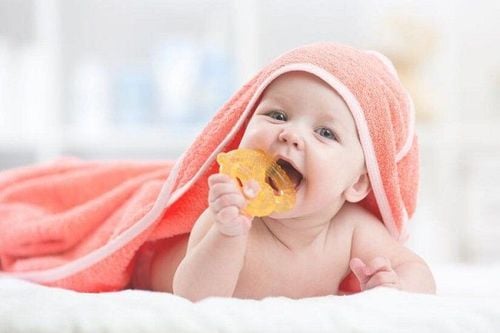
Sử dụng các đồ chơi mọc răng như vòng rắn giúp xoa dịu cơn đau cho trẻ
3.2. Diet suitable for children
Mothers need to remember, anorexia baby is just a very normal stage in the child's development. Absolutely do not force children to eat, this can make meals with children torture and in the long run will make them anorexic. Instead, parents should have a suitable and balanced diet as follows:
The child's diet must still ensure adequate 4 main groups (flour - protein - fat - green vegetables). Please cook the dishes your child still likes every day, but cook them a little softer and divide them into many small meals a day, to minimize weight loss. The texture of the dish needs to be soft, minced, and cooked thinner than usual so that it is easy for children to chew and swallow. Do not give your child foods that are too hard or too solid. Do not give your child foods that are too hot or too cold, which is not good for the development of baby teeth. This is also the period when children need the most calcium, mothers should choose calcium-rich foods such as eggs, shrimp, fish, cheese, tofu and peanuts, oranges, strawberries, kiwis... And still Continue to breastfeed or drink formula as usual to get all the vitamins and other minerals you need. In addition, the baby needs to add the necessary micronutrients: Zinc, selenium, chromium, vitamins B1 and B6, ginger, acerola fruit extract (vitamin C),... to improve taste, eat well, achieve the right height and weight and exceed the standard, have a good immune system, strengthen the resistance to get sick less often and have less digestive problems.
For more nutritional knowledge and child care for each age, parents should regularly visit the website vimec.com and make an appointment with the leading doctors, pediatric and nutrition experts of the National General Hospital. Vinmec when needing advice on children's health.






